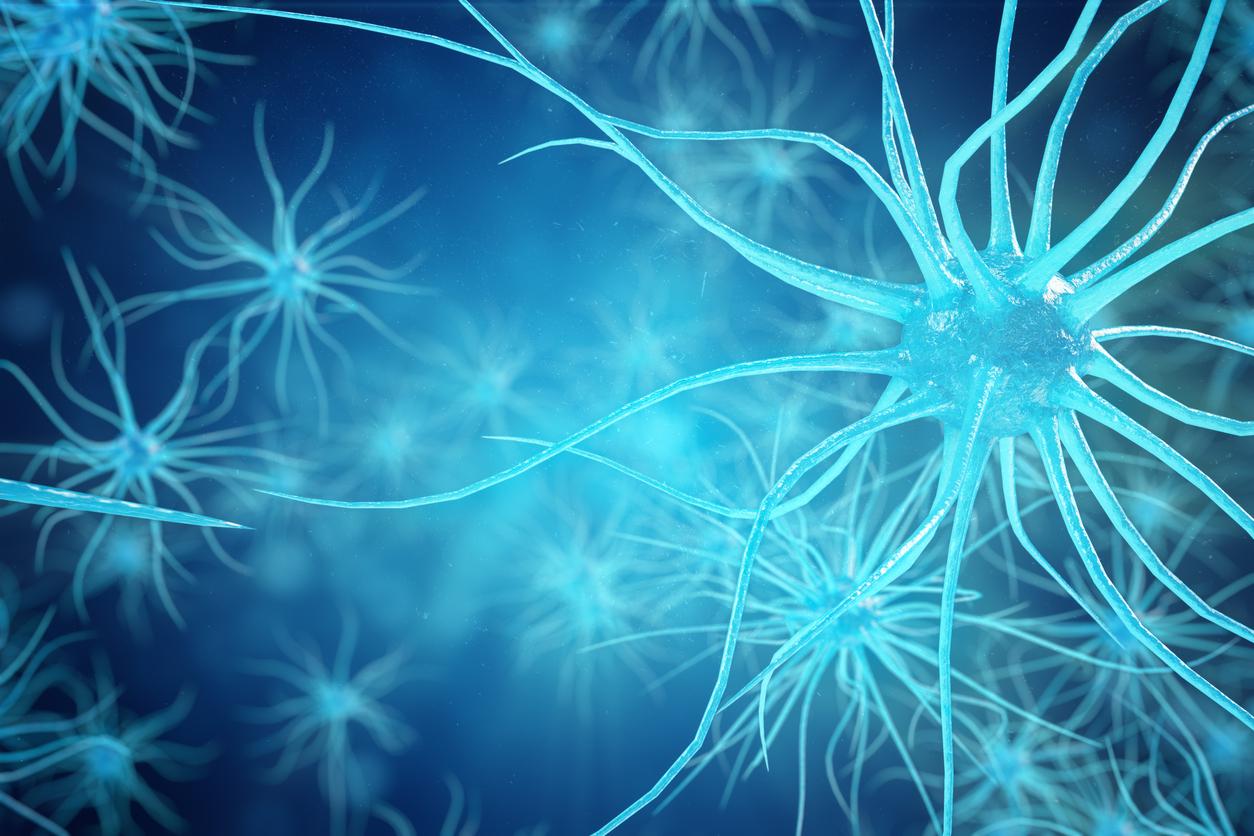Rheumatoid arthritis is an inflammatory disease that causes the progressive destruction of the joints. This autoimmune disease progresses in flare-ups, variable in duration and intensity, which are accompanied by intense pain, swelling of several joints, joint stiffness and/or blockages, and most often by great fatigue.
A new factor that predisposes to inflammation
Doctors have already identified several genes predisposing to the disease as well as environmental factors (tobacco smoke, overweight, etc.) that influence its appearance. But researchers at University College London (Great Britain) believe they have found a new cause for the disease. They discovered that damage to the intestinal mucosa plays a key role in rheumatoid arthritis. Rendered permeable, the mucosa would allow bacteria to escape which would spread throughout the body, generating inflammation in the stomach and joints.
By continuing their research in this direction, scientists have identified drugs prescribed for digestive disorders, celiac disease or Crohn’s disease which could therefore be used to treat rheumatoid arthritis. “These treatments, which restore the integrity of the intestinal barrier, could reduce the severity of the inflammatory disease, explains Professor Claudia Mauri, of University College, whose study has just been published on Cell.com. However, the latter recognizes that, even in the best of cases, no treatment will see the light of day before 3 or 4 years. The current studies were done on mice. It is now necessary to set up a clinical trial to verify that the treatment is indeed adequate.
Source:
Intestinal barrier dysfunction plays an integral role in arthritis pathology and can be targeted to ameliorate disease, Cell.com, September 2021
Read also :
- Menopause accelerates the development of rheumatoid arthritis
- Rheumatoid arthritis: which occupations are most at risk?


















